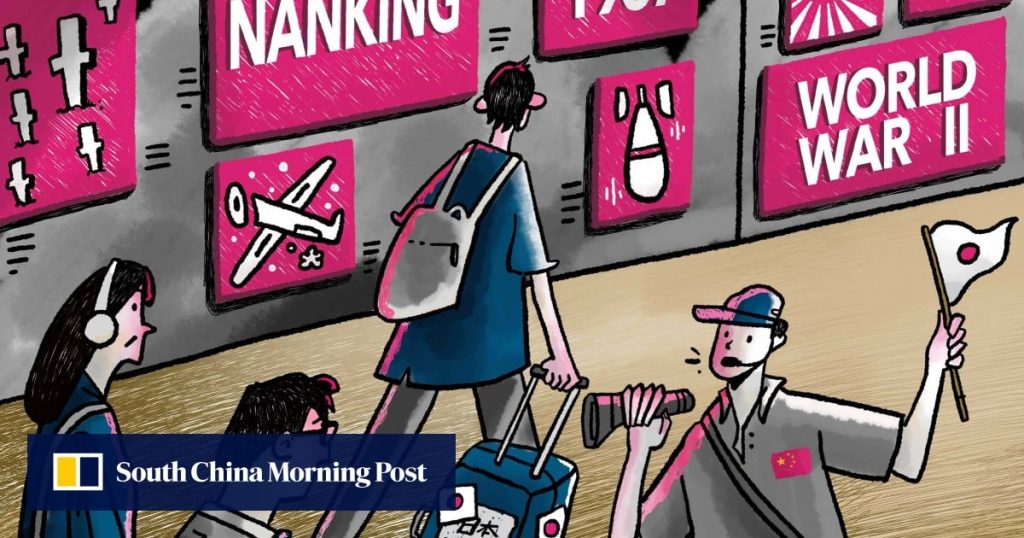Ahead of the 80th anniversary of Victory Day, marking the end of the Sino-Japanese war and the global fight against fascism, we look at the profound changes of the post-war period and how they continue to affect China’s place in the world. In the second part of this series, Shi Jiangtao looks at the often contradictory sentiments in relations between the two countries.
Eighty years after the end of World War II, a harrowing cinematic portrayal of Japanese wartime atrocities during the 1937 Nanking massacre has reignited memories of historical trauma that resonate deeply across China.
With its emotionally charged depiction of Chinese resilience against one of history’s most horrific crimes, Dead to Rights has stormed the summer box office, grossing more than 2.7 billion yuan (US$377 million) following its July 25 release and drawing more than 76 million viewers in less than a month.
Yet this wave of cinematic remembrance comes amid another striking summer phenomenon: in July alone, more than 970,000 Chinese visitors travelled to Japan, up 25 per cent from the previous year. That makes China Japan’s top source of inbound tourists, according to Japanese government data.
This paradox underscores the love-hate dynamic that has long defined China–Japan relations, shaped by a mix of deep historical wounds, geopolitical enmity, US post-war influence, economic interdependence and cultural affinity.


